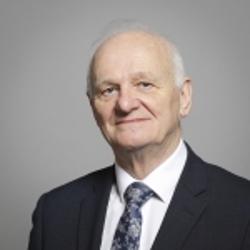Special Educational Needs: Teachers
(asked on 22nd March 2022) - View SourceQuestion to the Department for Education:
To ask Her Majesty's Government what steps they will take to ensure there are adequate specialist teachers to support children with Special Educational Needs.
Education is a devolved matter, and the response will outline the information for England only. We have the same high ambitions for children with special educational needs and disabilities (SEND) as we do for every child, and we know that they benefit from excellent teaching that allows them to fulfil their potential. The Schools White Paper, published Monday 28 March, sets the foundations to support the aims and ambitions of the SEND Review. We want to make our system even better for all children, especially those in need of extra support.
Our reformed Initial Teacher Training Core Content Framework (ITT CCF) and the new Early Career Framework (ECF), both developed with sector experts, will equip teachers with a clear understanding of the needs of children with SEND.
All teachers are teachers of SEND. ITT courses must be designed so that trainee teachers can demonstrate that they meet the Teachers’ Standards at the appropriate level, which includes the requirement that all teachers must have a clear understanding of the needs of all pupils, including those with SEND.
Consideration of SEND underpins both the ITT CCF and ECF, which were both produced with the support of sector experts. The ECF is designed to support all pupils to succeed and seeks to widen access for all.
Furthermore, as part of the SEND and Alternative Provision Green Paper, we will consult on introducing a leadership level SENCO National Professional Qualification to replace the National Award in SEN Coordination (NASENCO) as the mandatory qualification for SENCOs. We have set out further detail in the SEND Review.
This will better align SENCO qualifications with our reformed teacher development system and ensure that these professionals are fully supported to meet the needs of children and young people with SEND.
It is a legal requirement for qualified teachers of classes of pupils with sensory impairments to hold the relevant mandatory qualification, known as MQSI. The department’s aim is to ensure a steady supply of teachers for children with visual, hearing, and multi-sensory impairment, in both specialist and mainstream education providers.

